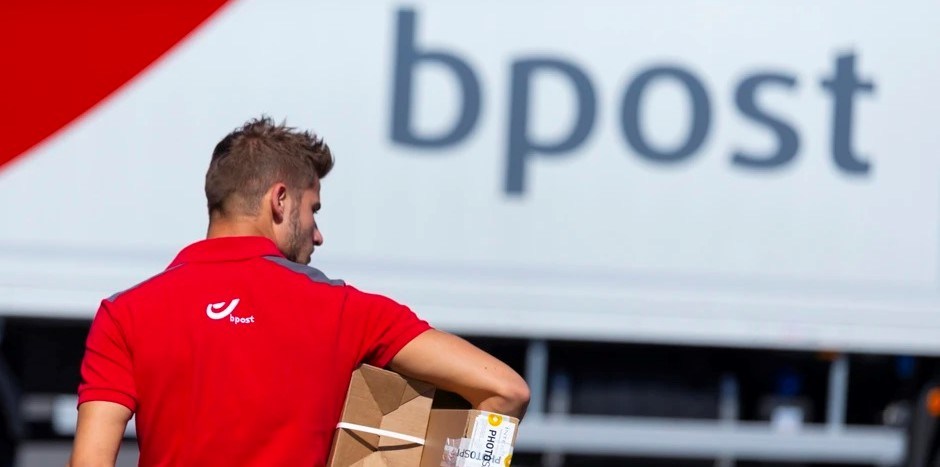The boss of postal service Bpost has found a novel way of tackling the usual end-of-year increase in parcel traffic: use their own executives to deliver packages.
The busiest period of the year now stretches from Black Friday (19 or 26 November, depending on who you ask) to the end of the year, as people but presents for themselves and others.
Traditionally a busy period, the holiday season has now been extended by commercial interests (Black Friday is entirely an invention of American retailers, quickly picked up by others in Belgium and elsewhere).
And the growth of online retail, boosted by the pandemic, means Bpost and other companies are carrying many more packages than before, including at peak times.
Last year Bpost was caught unawares by the peak in demand, and was unprepared, forcing it to scratch around for whatever temp staff was available, and beg or borrow vans to carry the parcels.
This year the company has a new CEO, Dirk Tirez, whose background is within the ranks of Bpost, and who was not going to let that happen a second time. But the labour market right now is very tight, so Tirez looked inside instead.
Now employees in the central services – those not already directly involved in mail processing – are being asked to switch to parcel treatment for two or three weeks during the peak period. And that includes managers and even members of the board – including Tirez himself, who has pledged to set the example.
Announcing the measure, he made his colleagues and underlings an offer they would find it very hard to refuse. The switch in functions would, he said, be a form of team-building in the service of the public. It would, additionally, be a sort of salute to the fine job being done by mail carriers all year round.
Tirez was yesterday announcing the company’s half-year results, which show letter post remaining stable after years of decline of the order of 7-8% annually. And positive results as e-commerce continues to hold firm allow Bpost to increase its full-year forecast from €265 million profit to €340 million.

